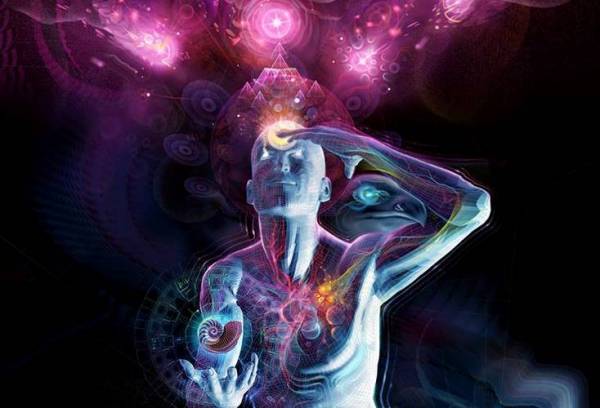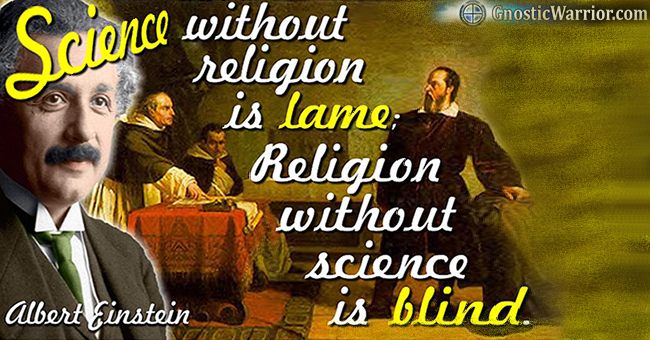Bruno’s and Spinoza’s doctrines are nearly identical, though the words of the latter are more veiled, and far more cautiously chosen than those to be found in the theories of the author of the Causa Principio et Uno, or the Infinito Universo e Mondi. Both Bruno, who confesses that the source of his information was Pythagoras, and Spinoza, who, without acknowledging it as frankly, allows his philosophy to betray the secret, view the First Cause from the same stand-point. With them, God is an Entity totally per se, an Infinite Spirit, and the only Being utterly free and independent of either effects or other causes; who, through that same Will which produced all things and gave the first impulse to every cosmic law, perpetually keeps in existence and order everything in the universe. As well as the Hindu Swabhavikas, erroneously called Atheists, who assume that all things, men as well as gods and spirits, were born from Swabhava, or their own nature, both
Page 94
Spinoza and Bruno were led to the conclusion that God is to be sought for within nature and not without. For, creation being proportional to the power of the Creator, the universe as well as its Creator must be infinite and eternal, one form emanating from its own essence, and creating in its turn another. The modern commentators affirm that Bruno, “unsustained by the hope of another and better world, still surrendered his life rather than his convictions”; thereby allowing it to be inferred that Giordano Bruno had no belief in the continued existence of man after death. Professor Draper asserts most positively that Bruno did not believe in the immortality of the soul. Speaking of the countless victims of the religious intolerance of the Popish Church, he remarks: “The passage from this life to the next, though through a hard trial, was the passage from a transient trouble to eternal happiness. . . . On his way through the dark valley, the martyr believed that there was an invisible hand that would lead him. . . . For Bruno there was no such support. The philosophical opinions, for the sake of which he surrendered his life, could give him no consolation.”
But Professor Draper seems to have a very superficial knowledge of the true belief of the philosophers. We can leave Spinoza out of the question, and even allow him to remain in the eyes of his critics an utter atheist and materialist; for the cautious reserve which he placed upon himself in his writings makes it extremely difficult for one who does not read him between the lines, and is not thoroughly acquainted with the hidden meaning of the Pythagorean metaphysics, to ascertain what his real sentiments were. But as for Giordano Bruno, if he adhered to the doctrines of Pythagoras he must have believed in another life, hence, he could not have been an atheist whose philosophy offered him no such “consolation.” His accusation and subsequent confession, as given by Professor Domenico Berti, in his Life of Bruno, and compiled from original documents recently published, proved beyond doubt what were his real philosophy, creed and doctrines. In common with the Alexandrian Platonists, and the later Kabalists, he held that Jesus was a magician in the sense given to this appellation by Porphyry and Cicero, who call it the divina sapientia (divine knowledge), and by Philo Judaes, who described the Magi as the most wonderful inquirers into the hidden mysteries of nature, not in the degrading sense given to the word magic in our century. In his noble conception, the Magi were holy men, who, setting themselves apart from everything else on this earth, contemplated the divine virtues and understood the divine nature of the gods and spirits, the more clearly; and so, initiated others into the same mys–
Page 95
teries, which consist in one holding an uninterrupted intercourse with these invisible beings during life. But we will show Bruno’s inmost philosophical convictions better by quoting fragments from the accusation and his own confession.
The charges in the denunciation of Mocenigo, his accuser, are expressed in the following terms:
“I, Zuane Mocenigo, son of the most illustrious Ser Marcantonio, denounce to your very reverend fathership, by constraint of my conscience and by order of my confessor, that I have heard say by Giordano Bruno, several times when he discoursed with me in my house, that it is great blasphemy in Catholics to say that the bread transubstantiates itself into flesh; that he is opposed to the Mass; that no religion pleases him; that Christ was a wretch (un tristo), and that if he did wicked works to seduce the people he might well predict that He ought to be impaled; that there is no distinction of persons in God, and that it would be imperfection in God; that the world is eternal, and that there are infinite worlds, and that God makes them continually, because, he says, He desires all He can; that Christ did apparent miracles and was a magician, and so were the apostles, and that he had a mind to do as much and more than they did; that Christ showed an unwillingness to die, and shunned death all He could; that there is no punishment of sin, and that souls created by the operation of nature pass from one animal to another, and that as the brute animals are born of corruption, so also are men when after dissolution they come to be born again.”

Moe is the founder of GnosticWarrior.com. He is a father, husband, author, martial arts black belt, and an expert in Gnosticism, the occult, and esotericism.


![How a blind woman, praying in the burial-place of that monastery, was restored to her sight [675 A.D.?] | Book 4 | Chapter 10 How a blind woman, praying in the burial-place of that monastery, was restored to her sight [675 A.D.?] | Book 4 | Chapter 10](https://www.gnosticwarrior.com/wp-content/plugins/contextual-related-posts/default.png)



